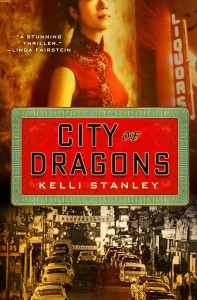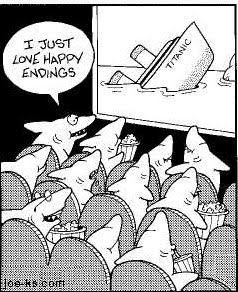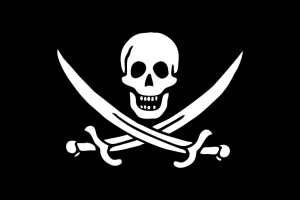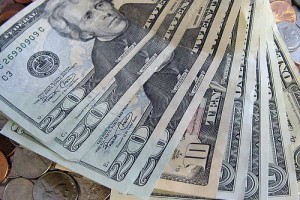Excerpt from THE TUNNELS:
“So what do you think?”
Kelly looked up from her notes to find Morrow watching her, rocking back and forth on his heels with a half-smile.
“Not our guy.” She rubbed her eyes with a thumb and forefinger and suppressed a yawn.
“Told you. Long day, huh? Where’d they pull you in from?”
“Jersey.”
“Oh, right, the chicken guy. Nice work on that one.”
“Thanks…”
In my debut thriller THE TUNNELS, I made this oblique reference to FBI Special Agent Kelly Jones’s previous case. Over the years I’ve received several emails from readers curious to hear more about “The Chicken Guy” (although as we here at The Kill Zone know, by all rights that title belongs to Mr. John Ramsey Miller, who is currently breeding a chicken army for world conquest).
So when it came time to submit a story for our anthology, I thought this would be great material to mine.
I’ve probably only composed a few dozen short stories total over the course of my writing career. With this one, I decided to focus on a single setting, the scene that would mark the climax if it were a full novel. I wanted to write something that was almost pure action, where you really got to see Kelly do what she does best.
I enjoyed exploring my heroine through a prequel. Part of the story laid the groundwork for crises she’d face down the line, tests of her moral code that over the course of my series have become increasingly challenge for her to pass. Hints of that popped up as I was writing The Chi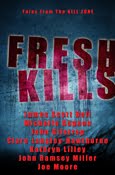 cken Guy. Knowing where she ends up made it much easier to figure out where she started.
cken Guy. Knowing where she ends up made it much easier to figure out where she started.
As I was editing, I caught myself wondering if I would have written the story the same way if I’d tackled it immediately before writing THE TUNNELS. And as I’m putting the finishing touches on my fourth novel featuring the same characters, I was struck by how much Kelly in particular had been forced to change. What I love about writing a series (and about watching a well-made TV series, as opposed to a film) is that it enables a much greater story arc. A character grapples with different challenges in each book, challenges that shape how they’ll act when faced with new situations down the line. I’ve put Kelly through the wringer over the course of these four books. She’s emerged far more damaged than when she started, but in a way stronger than she was at the outset. It was interesting for me to look back on her through this lens, to see how far she’s come in so many ways.
We’re discussing assembling another anthology later in the year. For that one, I’m toying with the idea of delving further into the life of a more minor character from the series, one I haven’t had the opportunity to really explore. What I’ve discovered through this process is that short stories can be a great tool for character development, a chance to see how a tangential story line can have an impact. As Joe said, this is a great format to do that kind of exploration.
The anthology is available on Amazon and at Smashwords for the bargain price of $2.99.



